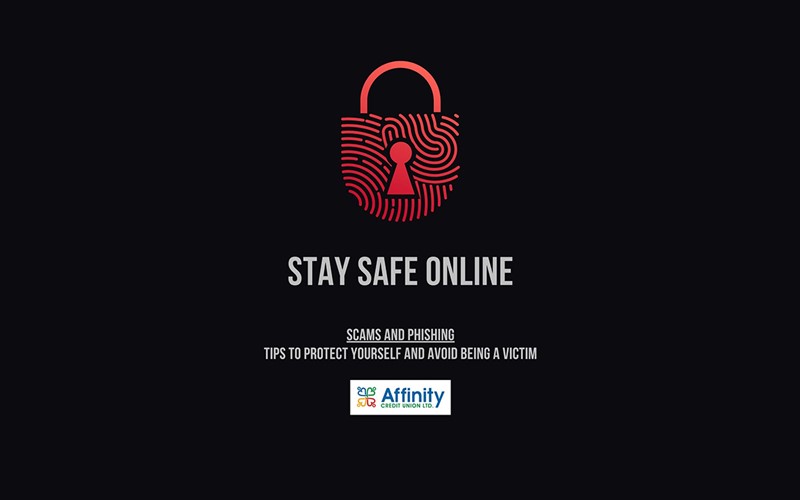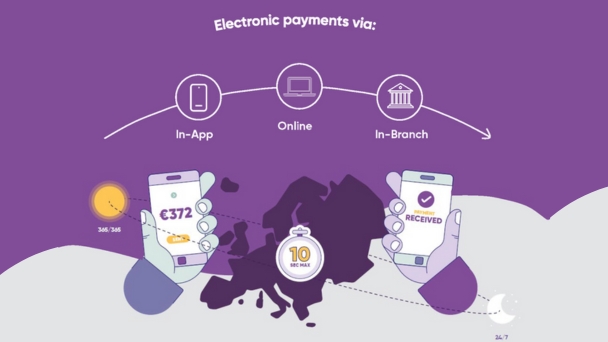06 May 2022
Stay Safe Online: Scams & Phishing
Tips to Protect Yourself and Avoid Being a Victim
Phishing attacks use malicious websites (clicking on a link) to collect personal and financial information in an attempt to defraud.
Criminals will use e-mail, text messages and social networks for phishing attacks and these attacks are getting more and more sophisticated.
The message can look like it comes from a financial institution, a government agency or any other service or business.
It often urges you to act quickly, because your account has been compromised, your order cannot be fulfilled or there is another urgent matter to address.
Tips to Avoid Being a Victim
- Think before you act: Be wary of communications that implores you to act immediately, offers something that sounds too good to be true or asks for personal information.
- If you receive unsolicited contact and are unsure whether a request is legitimate contact the company directly - using information provided on an account statement, on the company’s official website. Search for the company online - but not with information they provided.
- When in doubt, throw it out: Links in email, tweets, posts and online advertising are often how cybercriminals try to compromise your information. If it looks suspicious, even if you think you know the source, it’s best to delete or - if appropriate - mark it as junk.
- Before sending or entering sensitive information online, check the security of the website.
- Pay attention to the website’s URL. Malicious websites may look identical to a legitimate site, but the URL may use a variation in spelling or a different domain (e.g., .com versus .net).
- Lock down your logins by:
- A passphrase can be stronger than a password: A strong passphrase is a sentence that is at least 12 characters long. Punctuate your sentence with special characters to make it even stronger.
- Unique account, unique passphrase: Having separate passphrases for every account helps to thwart cybercriminals. Make sure that your critical accounts have the strongest passphrases.
- Fortify your online accounts by enabling the strongest authentication tools available, such as biometrics, security keys or a unique one-time code through an app on your mobile device.
What to do if you are a Victim
- If you are worried your financial accounts may be compromised, contact your financial institution immediately.
- Report the attack to your local Garda station.
- Keep a written or online record of every incident and/or exchange between you and the fraudster as this can be used as evidence and may be useful if an investigation takes place
- Reach out. It can be helpful to receive support from family, friends or support services.
- For more information on more supports that are available, or if you would like to discuss your experience as a victim of cybercrime, you can contact the Crime Victims Helpline for free at 116 006.








